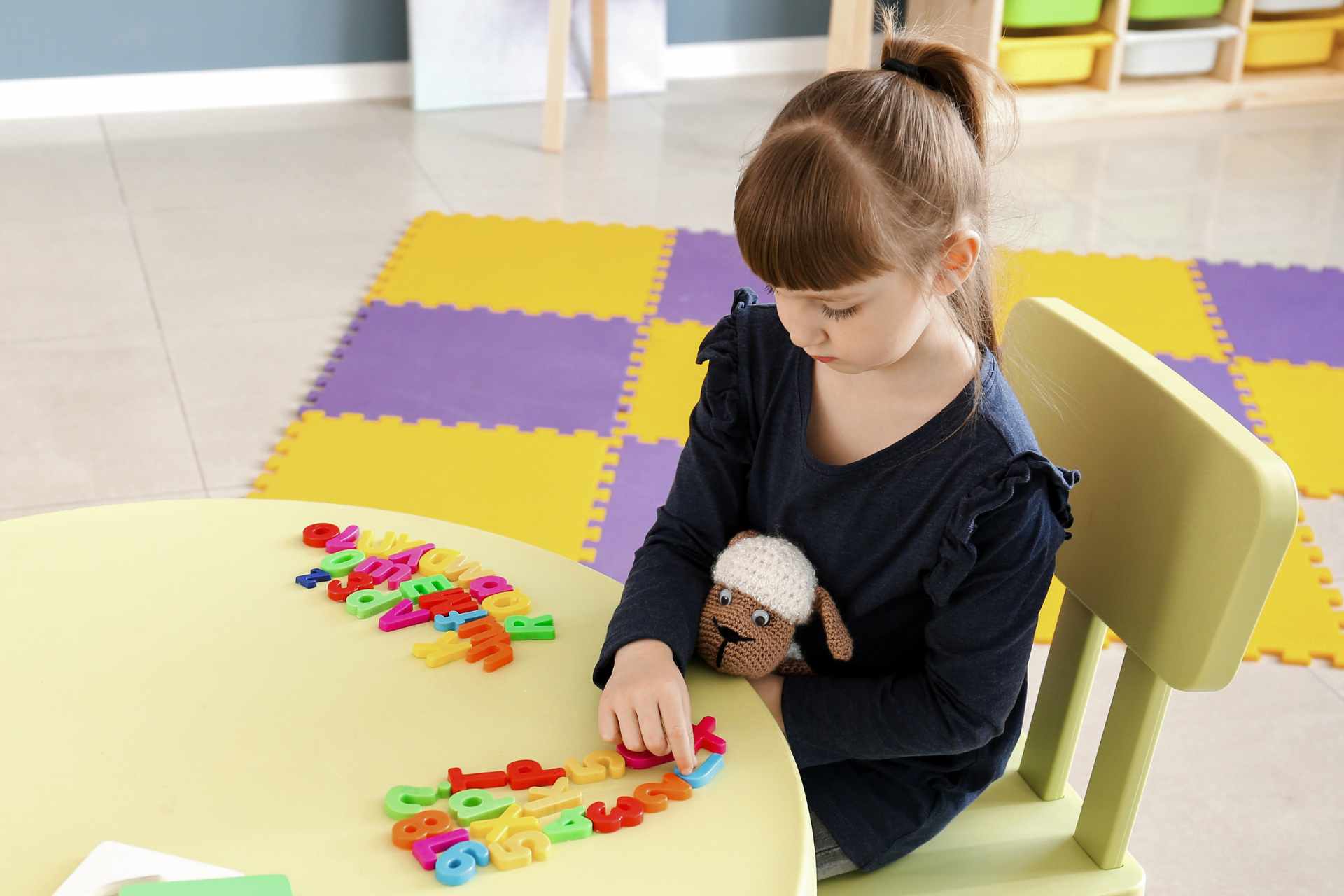What is already known
Autism is a spectrum of conditions characterized by repetitive behaviors and social difficulties, among other traits. Studies have shown that Limosilactobacillus reuteri, a bacterium found in the gastrointestinal tract of humans and other animals, can reverse social problems in animal models of autism. But it’s unknown whether L. reuteri could be effective in humans, too.
What this research adds
Researchers tested the effect of a combination of two strains of L. reuteri in 21 autistic children. Although the microbial intervention did not alter overall autism severity, repetitive behaviors or the gut microbiota composition, it improved social functioning in autistic children. Only one of the two tested strains reversed social deficits in a mouse model of autism.
Conclusions
The findings suggest that L. reuteri eases social difficulties in autistic children.
Autism is a spectrum of conditions characterized by repetitive behaviors and social difficulties, among other traits. A small clinical trial now shows that Limosilactobacillus reuteri, a bacterium found in the gastrointestinal tract of humans and other animals, eases social problems in children with autism.
If confirmed in larger studies, the findings — published in Cell Host & Microbe — suggest that some of the difficulties associated with autism can be alleviated through microbial interventions.
Previous studies have shown that L. reuteri can reverse social problems in animal models for autism. “L. reuteri reverses the social deficits in [autism] models via the vagus nerve and promotes social reward by targeting the oxytocin dopaminergic reward circuit, a critical pathway involved in social behaviors,” the authors say.
However, it’s unknown whether L. reuteri could be effective in humans, too. So, Luigi Mazzone at the University of Rome Tor Vergata in Italy and his colleagues set out to study the microbe’s effects in children with autism.
Social behavior
The researchers enrolled 43 autistic children, 21 of whom were given a combination of two strains of L. reuteri for six months. The rest of the children were given a placebo.
The L. reuteri treatment appeared safe, with only minor adverse effects reported. The intervention did not alter the gut microbiota composition nor did it elicit changes in the children’s immune systems.
Although children taking L. reuteri did not show improvements on measures of overall autism severity or repetitive behaviors, they scored higher on measures of social behavior compared with children who took a placebo.
“L. reuteri treatment combination selectively improves social functioning in children with autism,” the researchers say.
Gut-microbiota-brain axis
Next, the researchers assessed whether both L. reuteri strains contained in the microbial treatment could improve social behavior. To do so, they treated a mouse model of autism with each strain individually and then tested the animals for social behavior.
Only one of the two L. reuteri strains — called ATCC PTA 6475 — reversed social deficits in mice, the researchers found. “Given these results, it would be interesting to determine whether the prosocial effect of the L. reuteri treatment in children with [autism] is mediated by the L. reuteri ATCC PTA 6475 strain alone,” they say.
These results warrant follow-up studies in larger groups of autistic children, focusing on different aspects of social functioning, the authors add. “Our findings also hold the hope that the core symptoms of [autism] and potentially other brain disorders can be treated through the gut-microbiome-brain axis.”











